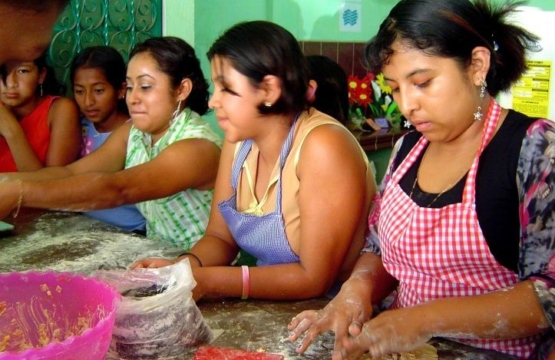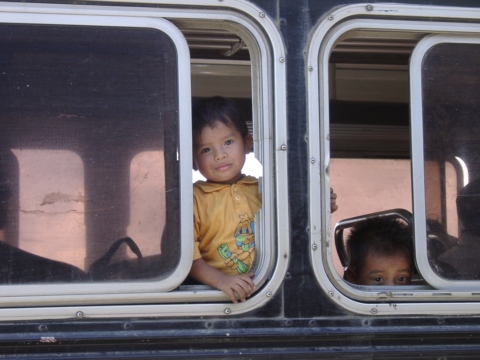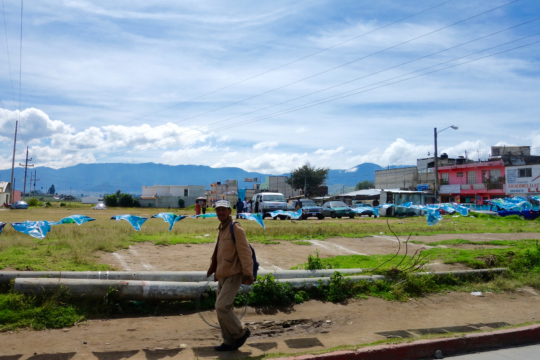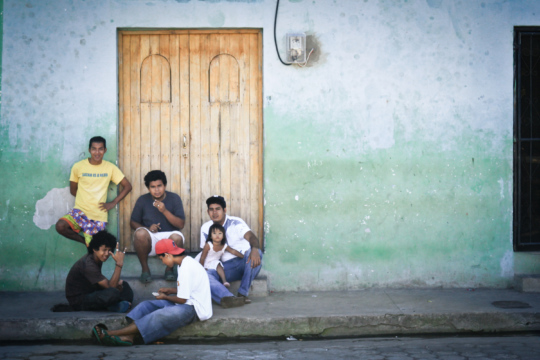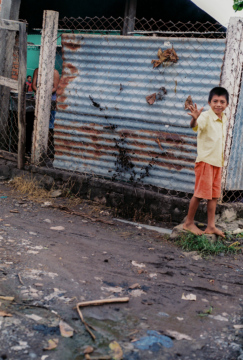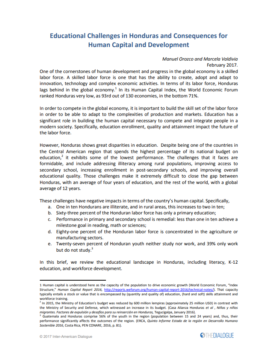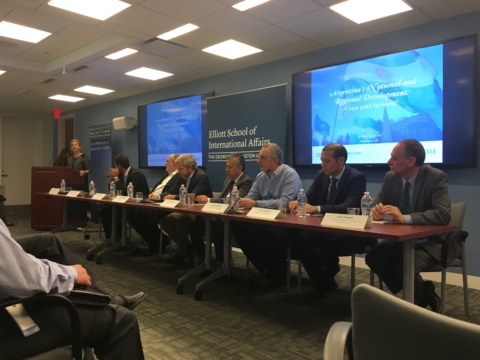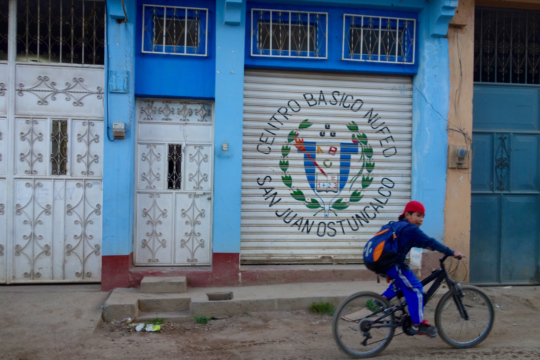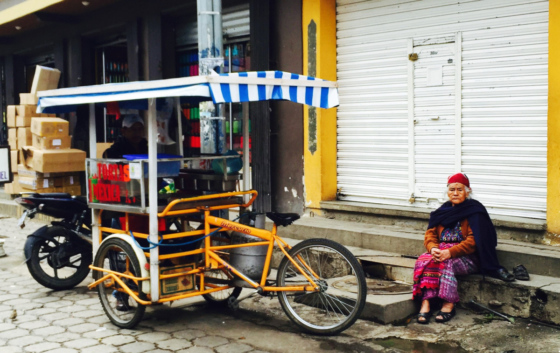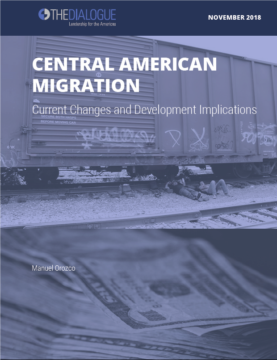
Central American Migration: Current Changes and Development Implications
The number of Central American migrants in the United States has nearly doubled from 2000 to present, but the trend changed from 2009 onwards.
The number of Central American migrants in the United States has nearly doubled from 2000 to present, but the trend changed from 2009 onwards.
Migrants’ economic contributions can be successfully leveraged for development if policies consider them in relation to drivers of migration and development challenges.
A compilation of the Dialogue’s reports, articles and presentations on the most important issues shaping Guatemala’s development.
A compilation of the Dialogue’s reports, articles and presentations on the most important issues shaping Costa Rica’s development.
Central America faces a wide range of challenges in the global context, of which organized crime, access to trade and financing, and outbound migration are a few. This is a compilation of the most relevant Dialogue’s reports on the region.
A compilation of the Dialogue’s reports, articles and presentations on the most important issues shaping Nicaragua’s development.
A compilation of the Dialogue’s reports, articles and presentations on the most important issues shaping Honduras’ development.
A compilation of the most relevant Dialogue’s articles, presentations and reports on Central America: its development challenges and policy options.
A compilation of the Dialogue’s reports, articles and presentations on the most important issues shaping El Salvador’s development.
Honduras shows great disparities in education. Despite being one of the countries in the Central American region that spends the highest percentage of its national budget on education, it exhibits some of the lowest performance. The challenges that it faces are formidable, and include addressing illiteracy among rural populations, improving access to secondary school, increasing enrollment in post-secondary schools, and improving overall educational quality. In this brief, we review the educational landscape in Honduras, including literacy, K-12 education, and workforce development.
Regional development is the key for Argentina’s future. The new administration has developed long-term plans to eliminate poverty and inequality in Argentina. The priority is to generate efficient and sustainable programs by strengthening institutions, promoting dialogue and integration with provincial governments, and focusing on quality.
In terms of human capital, Guatemala lags behind in an increasingly global economy. In its Human Capital Index, the World Economic Forum ranked Guatemala as number 94 out of 130 economies. Although a multifaceted concept, learning has a significant role in building human capital, as education –including enrollment, quality and attainment— impacts the future of the labor force. In this article, we review the educational landscape in Guatemala, including literacy, K-12 education, and workforce development.
This document offers an introduction to the migration dynamics in Guatemala and proposes an approach to leverage opportunities.
The Costs of Sending Money to Latin America and the Caribbean
Migrant transnationalism, in addition to being an expression of culture, identity and love, is an important economic phenomenon.

